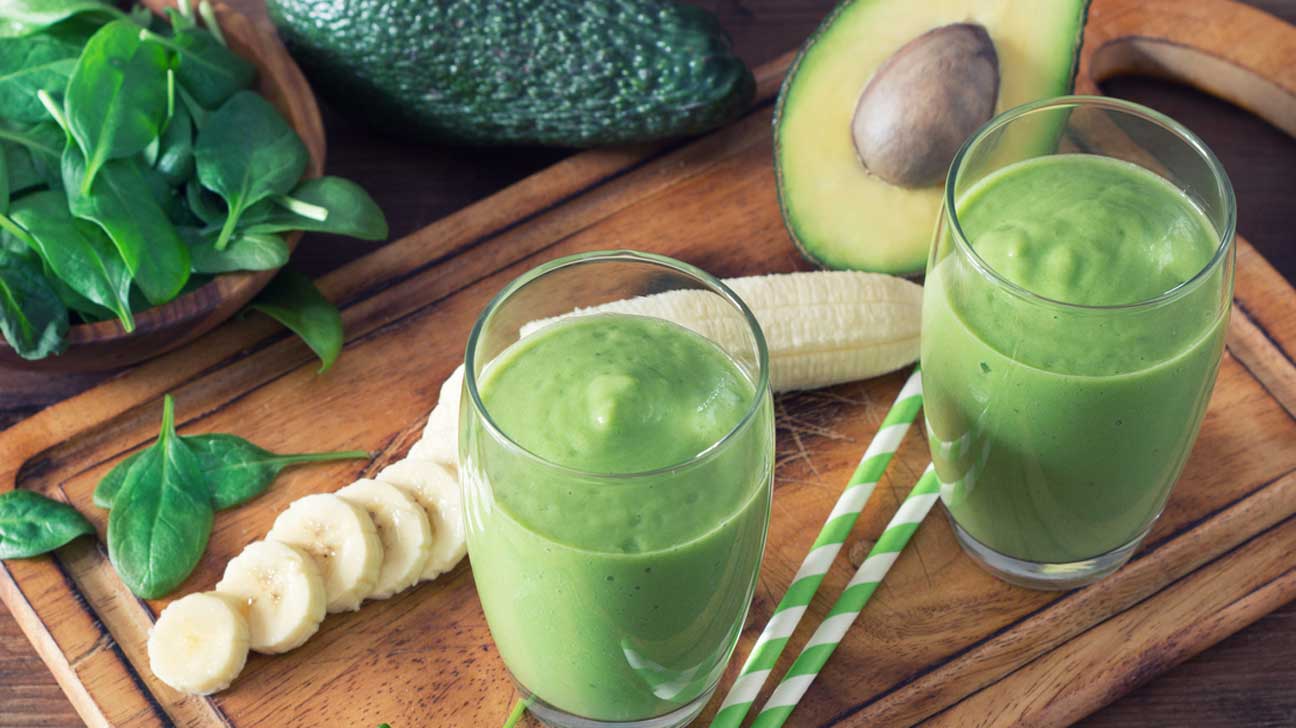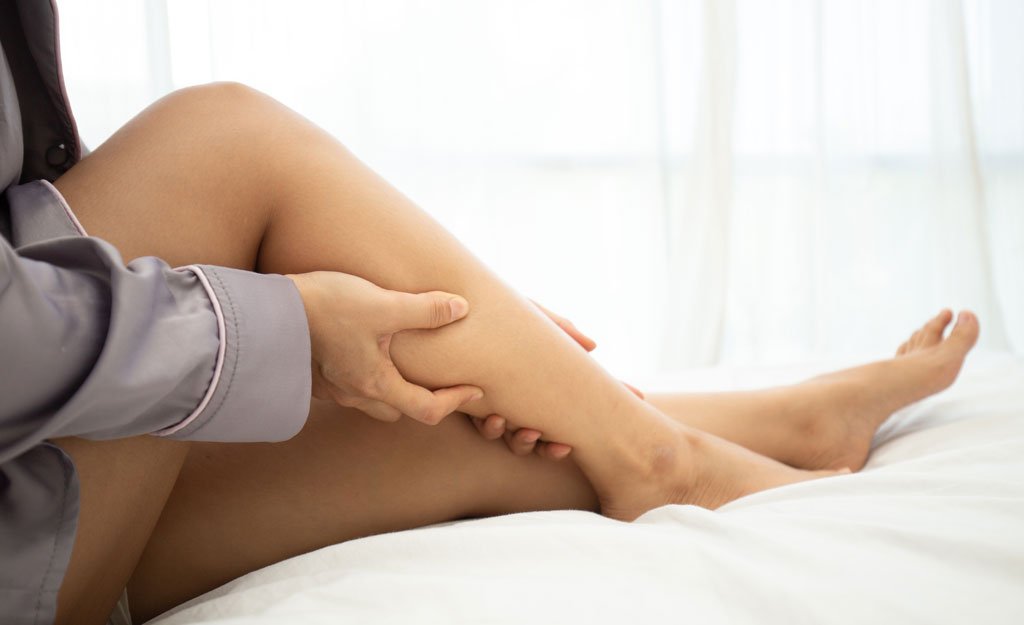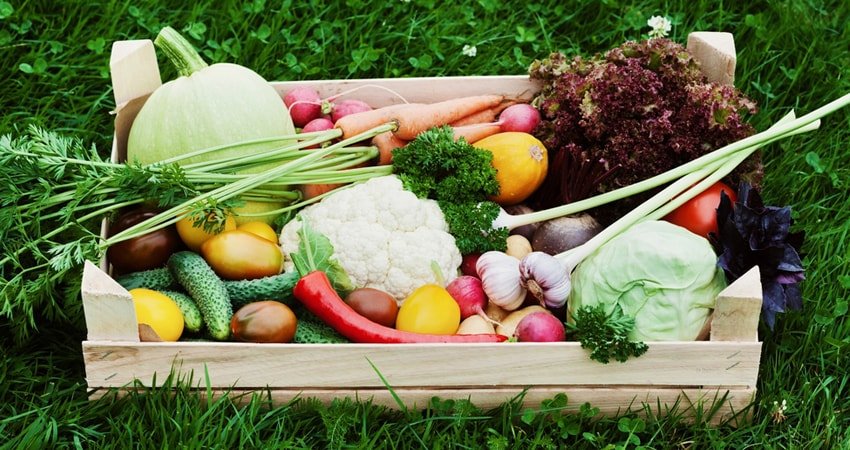Have you noticed that your body has swollen in a short time? Maybe your pants no longer fit, or the ring you’ve always worn is now tight on your finger. These are some of the signs, but you should also pay attention if you notice your legs and ankles swelling, you urinate less than usual, and you have suddenly and unjustifiably put on a few extra pounds. The logical conclusion is that you have put on weight and need to lose weight, but you may not have accumulated fat, and you may be suffering from fluid retention. If so, the solution is not dieting, or at least not the kind of diet you are thinking about.
Fluid retention is a reasonably common problem. It mainly affects women due to the hormonal element it has, and especially in summer, due to the high temperatures. It is caused by an excessive accumulation of liquids in the tissues due to various causes.
The Most Evident Symptoms in Fluid Retention are:
- Swelling in the legs and ankles.
- Increase of the abdominal perimeter.
- Presence of fovea. This occurs when we press the skin firmly with our finger and notice a sinking that remains for some time after we have removed the finger.
Causes of Fluid Retention
Knowing how to identify that we are dealing with fluid retention is fundamental to be able to apply the appropriate remedy. Food, as we will see below, is a fundamental aspect, but a diet for fluid retention is very different from another to eliminate fat.
Therefore, before taking any type of measures, it is necessary to know how to identify the cause or causes of this problem in order to remedy it. It is very different to have a known health problem (circulatory, cardiac, hepatic or renal) than an idiopathic fluid retention, which is usually caused by harmful habits such as:
- Excess salt in meals.
- Insufficient or inadequate hydration.
- Consumption of products rich in fats, but with an imbalance in proteins.
- Sedentary life that includes sitting or standing for long hours, especially at work.
- Medication, such as hormonal treatments, anti-inflammatory and especially corticosteroids.
- Hormonal changes such as menstruation, pregnancy or menopause. This is why fluid retention is much more common in women.
- When the causes are not pathological, fluid retention can be combated with a change of lifestyle and a healthy diet.
How to Combat Fluid Retention

Here are some tips to combat fluid retention.
- Reduce salt (sodium) in meals, both the salt you add on your own and foods that already contain a lot of it, such as canned, smoked, cured meats and cheeses.
- Drink more liquids, especially low-sodium water or infusions and forget carbonated or sweetened drinks.
- Eat foods rich in water. Fruits such as watermelon or melon are a good idea.
- Legumes and whole grain cereals are rich in potassium; include them often in your meals.
- Consume proteins, without forgetting that there are vegetable sources that provide a good amount of them.
- Avoid precooked dishes and fast food, as they usually contain a lot of sodium, among other harmful things.
- Eat diuretic foods, especially fruits and vegetables, such as pineapple or asparagus.
- Eat foods rich in vitamins E and P, which help to strengthen the fragility of capillaries, such as red fruits and citrus fruits.
- If you are overweight, lose the extra kilos on the advice of a nutritionist.
- Exercise regularly: swimming is highly recommended.
- Try manual lymphatic drainage, it helps to prevent fluids from accumulating or being reabsorbed.
- Avoid prolonged sitting or standing in the same position.
- Sleep with your legs slightly raised.
- Do not wear tight clothing.
- Avoid excessive heat.
Have you ever suffered from fluid retention? How did you deal with it? We want to hear from you; remember to share your experience and tips in the comments below.



